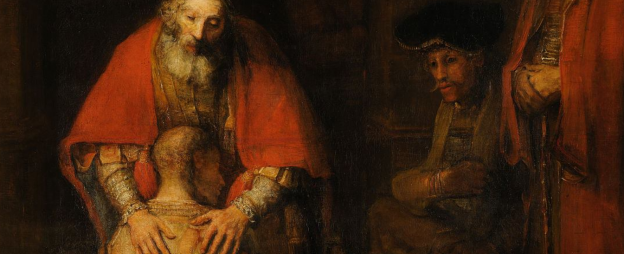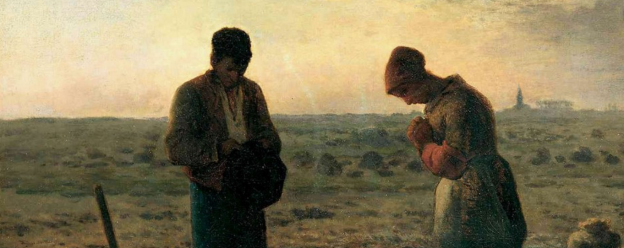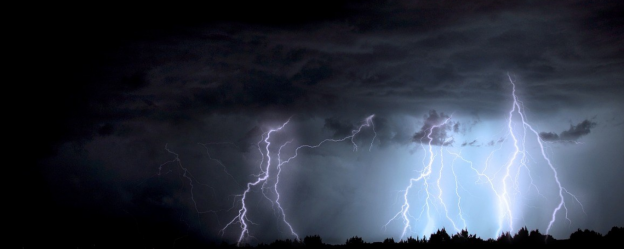Summary
A New Year is often a time of new resolutions; to change a habit, to alter your lifestyle, to keep in better touch with family or friends, or other similar motives. All of these resolutions may have a good basis in health and wellbeing. It’s a shame that so often, we don’t stick to our resolutions.
When it comes to our lives as Christians, spiritual resolutions can also fall by the wayside. Instead of resolving to “do something more/new/better” this year, perhaps we should choose to adopt a way of life, like that encouraged by King David in Psalm 34. David encourages us to see God’s goodness to his people, and respond accordingly by blessing God, fearing God, and trusting God as a way of life.
Our passage explained
v1-3
Psalm 34 was likely written after David escaped the Philistine king Achish (1 Sam 21:10-15) as he avoided conflict with King Saul. In verses one to seven, David encourages us to bless God. After committing to blessing God “at all times” (v.1) and praising God to others (v.2), he encourages his hearers and readers to “magnify the LORD with me, and let us exalt his name together!” (v.3).
v4-7
The reason for blessing and praising God is provided in verses four to seven, where David explains that he sought God’s help, and God “answered me and delivered me from all my fears” (v.4). Instead, their faces (figuratively) display the radiance of God as he delivers those who have no power to save themselves (vv.5-7).
v8-14
Secondly, David encourages us to fear God in verses eight to fourteen. He encourages us to “taste and see that the LORD is good” (v.8), experiencing the blessings of God as he had. He encourages us to fear, that is reverently trust God, because while even the strong and aggressive (described as young lions) do not always get what they need, God’s people do not lack (vv.9-10).
David then turns to instruction on how we can fear God, speaking as a teacher to his “children” of how he “will teach you the fear of the LORD” (v.11). He asks “what man is there who desires life and loves many days, that he may see good?” (v.12).
The answer in the following two verses is to refrain from speaking evil or deceitful language (v.13), and turn away from evil deeds to do good, pursuing peace rather than strife (v.14). These practical outward steps reflect an inward desire to follow God’ ways rather than our own sinful behaviour. In doing this we will experience the joy of God’s presence with us.
v15-22
Thirdly, David encourages us in verses fifteen to twenty-two to trust God. We can trust God because “the eyes of the Lord are toward the righteous and his ears toward their cry” (v.15). The “righteous” here does not refer to sinless people, but as elsewhere in the psalms and Scripture refers to those who trust God and are accepted, as opposed to those who are rejected by God for their evil deeds (v.16).
Those who trust God can be sure of his deliverance, as God hears and delivers them from their troubles (v.17) as he did David. God will bless the brokenhearted with his nearness (v.18).
David acknowledges that troubles are a general reality for believers, but also that God’s deliverance from those troubles is also a general reality we can trust in (v.19). This is described visually in verse 20 (fulfilled most fully in Christ; John 19:33-37) as God saving us from extreme danger and lasting shame (expressed in avoiding broken bones).
David ends his psalm and his encouragement to trust by restating that God redeems those who trust him (v.22), while those who do evil and afflict God’s people will be condemned (v.21). God is one we can take refuge in, as we have tasted of him and know that he is good.
Our passage applied
David’s encouragement to us to bless, fear, and trust in God finds its fulfillment in Christ. Jesus not only most fully experienced God’s promise in verse nineteen, he embodied the very righteousness that God reckons to us when we trust in God rather than ourselves.
Jesus truly and reverently trusted God’s provision, even as he was nailed to the cross. The pages of Scripture speak of Jesus’ sacrifice for us. No wonder then that the Apostle Peter encourages us to long for God’s Word (spiritual milk) like infants…” if indeed you have tasted that the Lord is good” (1 Peter 2:3).
We may or may not need resolutions for the New Year, but we all need to taste the goodness of God to us through Jesus Christ. God delivers us from sin to fellowship with him. While troubles are a reality in our life, God is present and hears us in those difficult days because we trust in Christ as our Saviour. What better way to bless, fear, and trust God than to proclaim God’s goodness as a way of life.
Resources
Questions? Please contact us. Inspired? Come and worship with us on Sundays.










